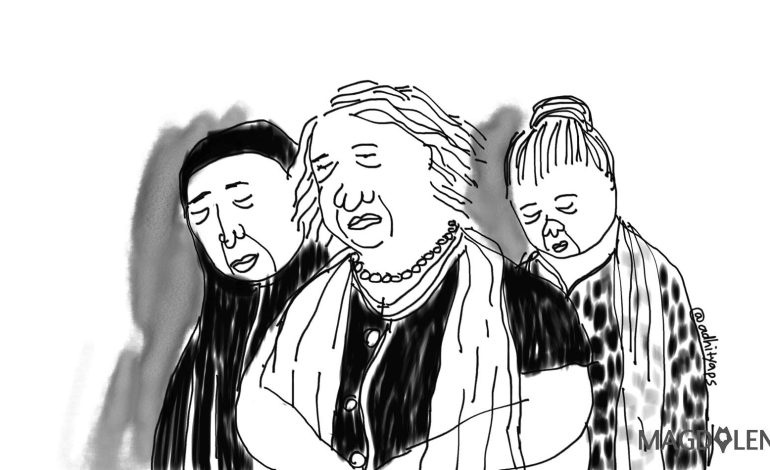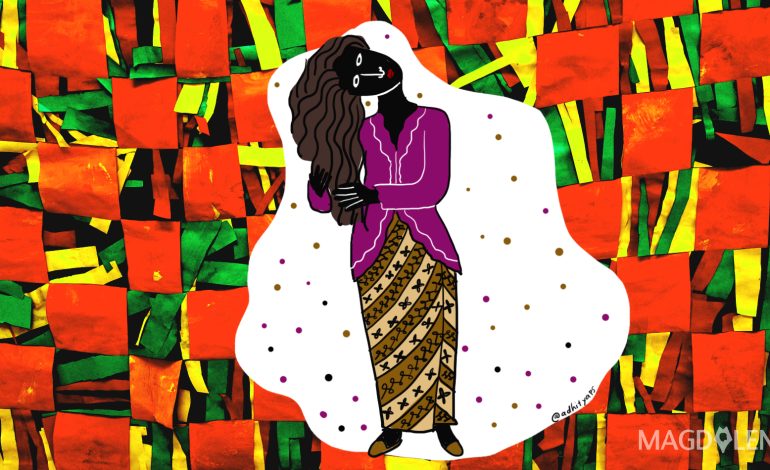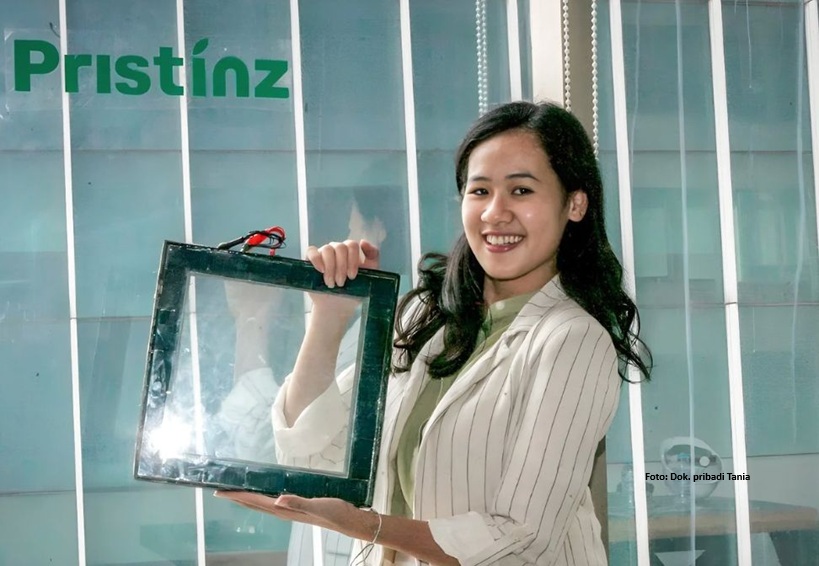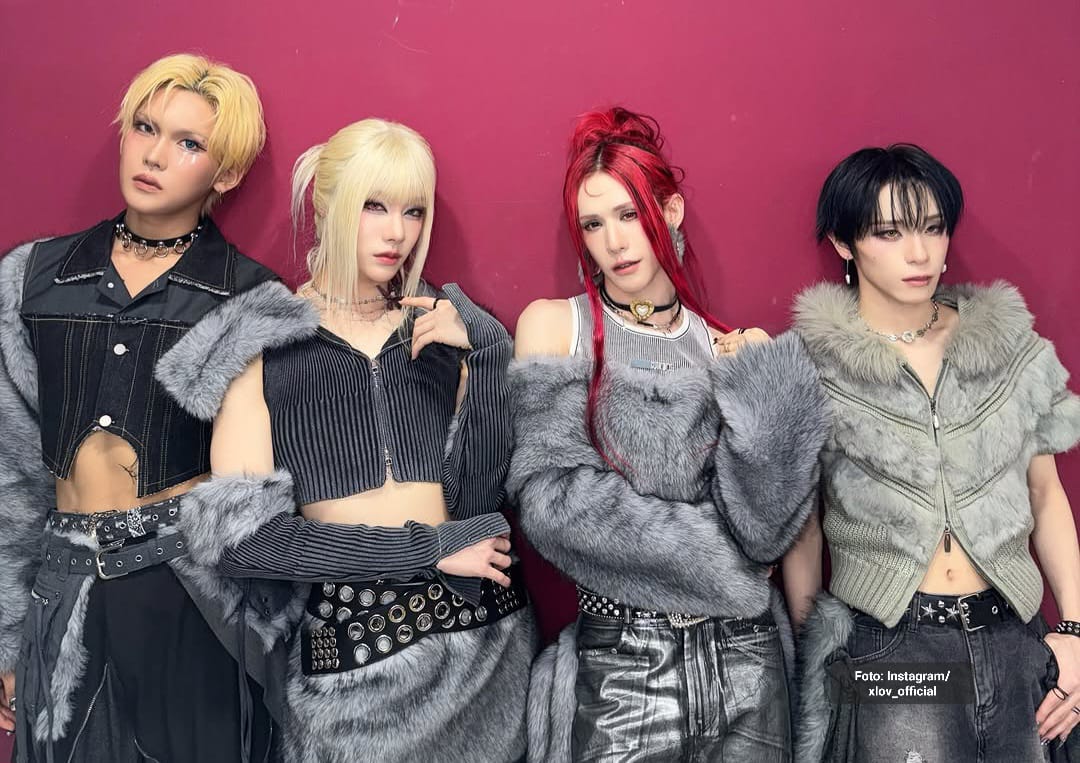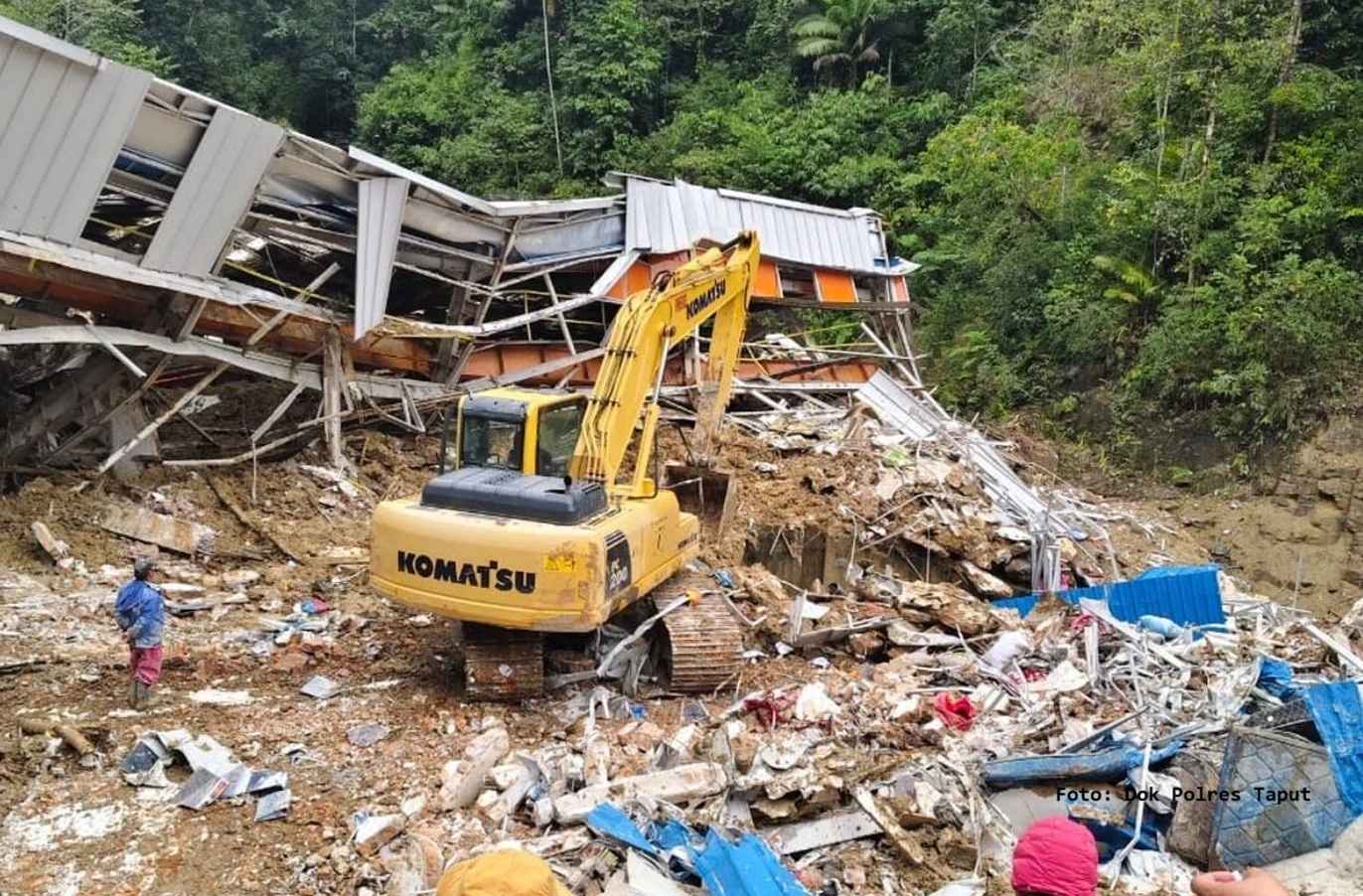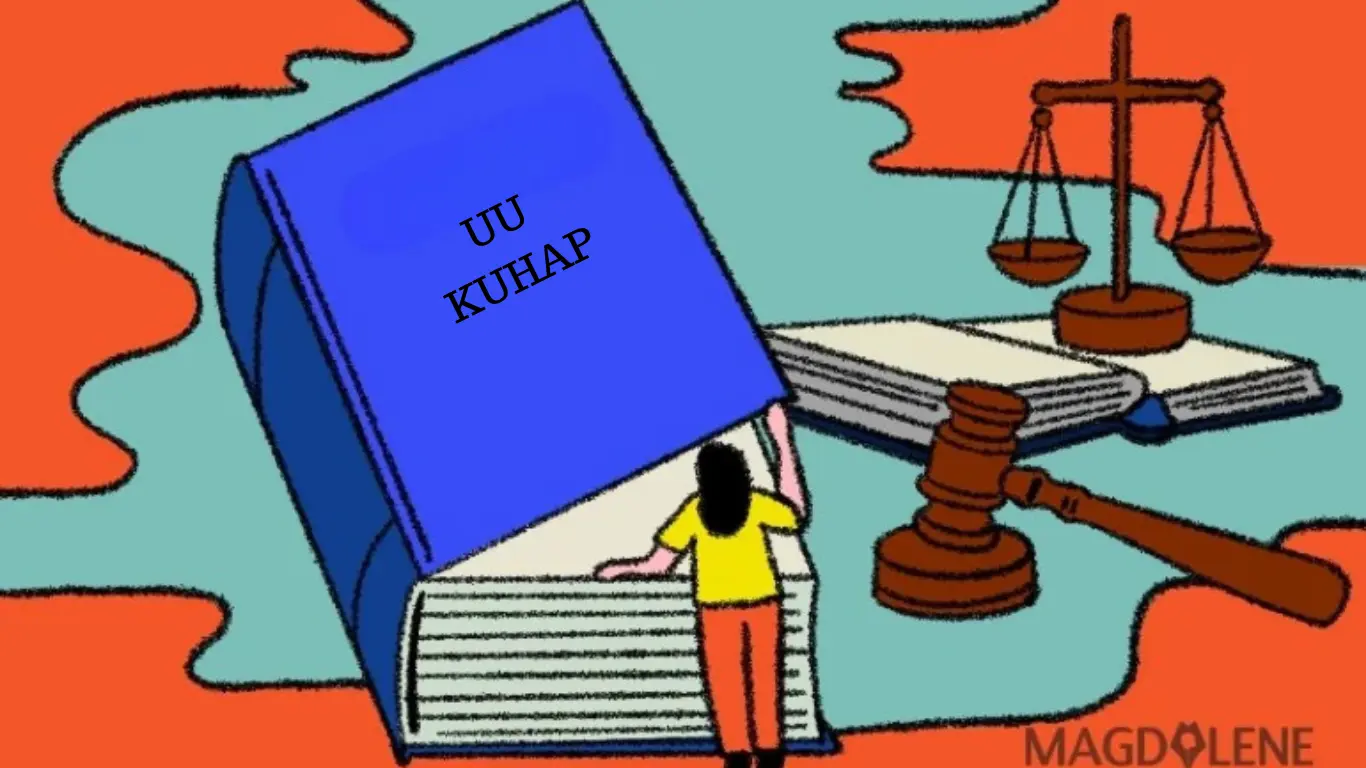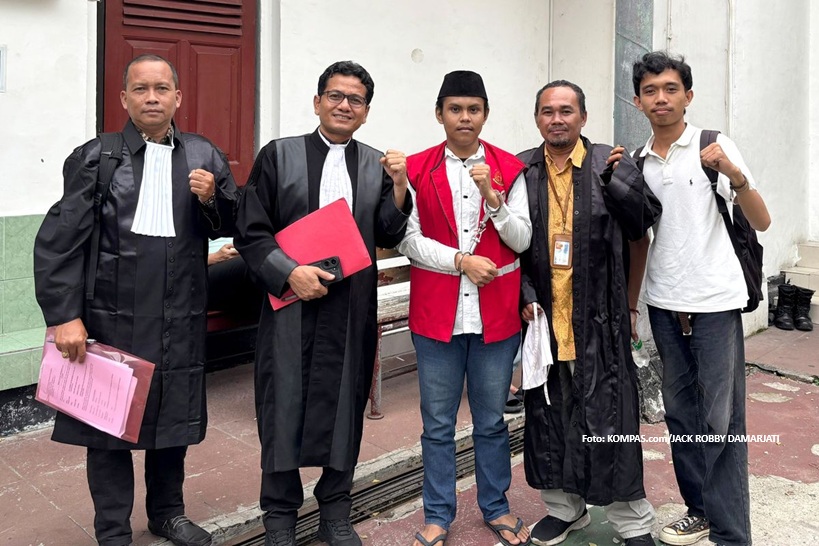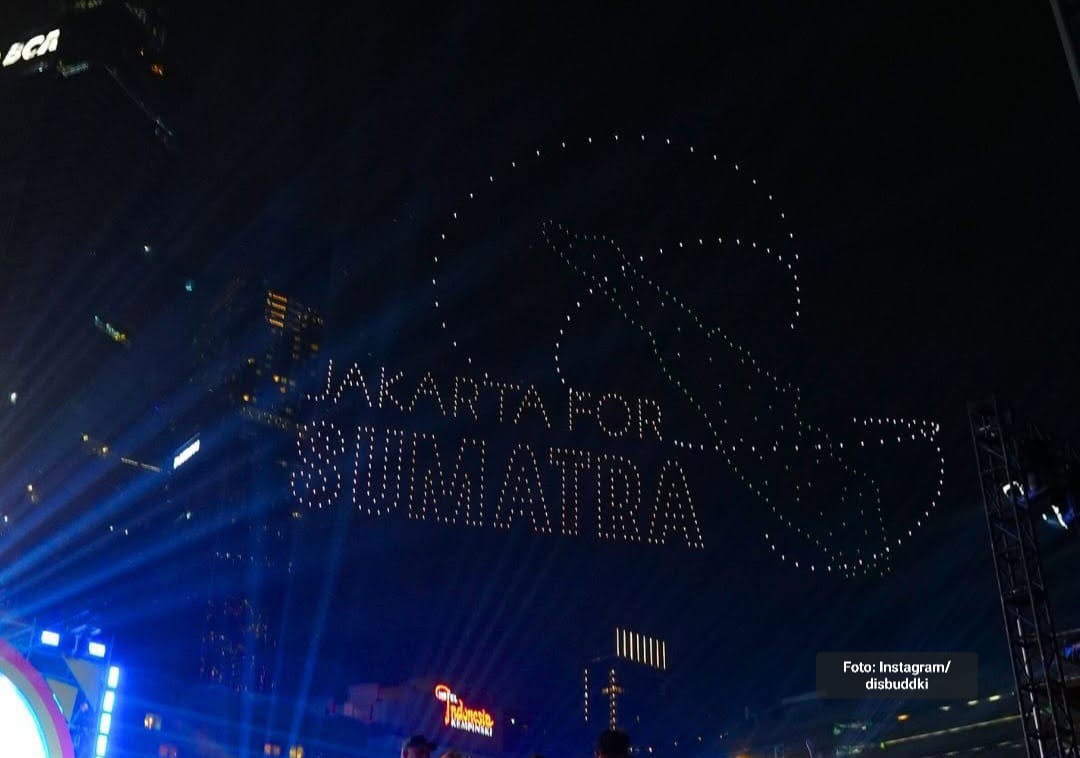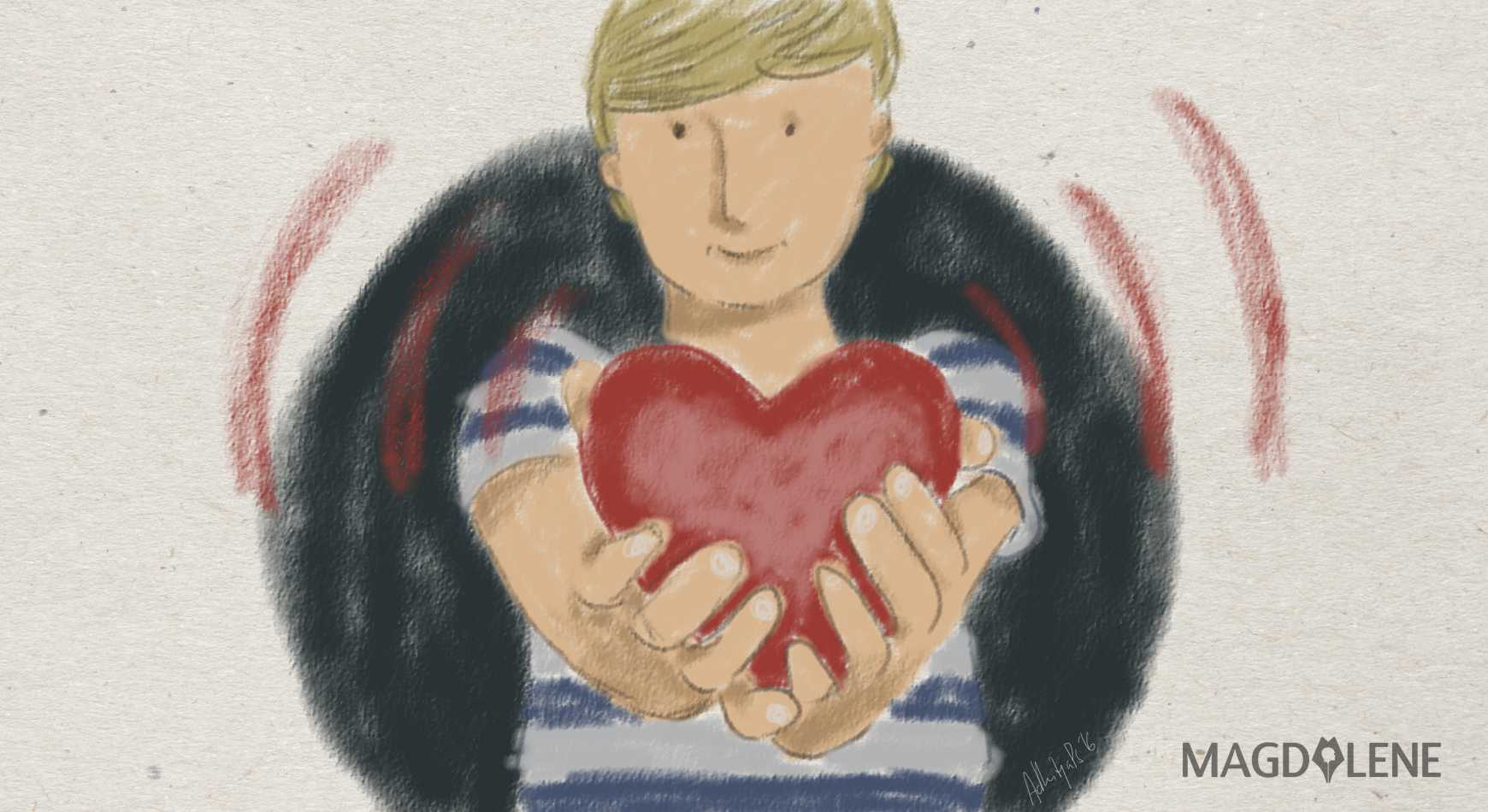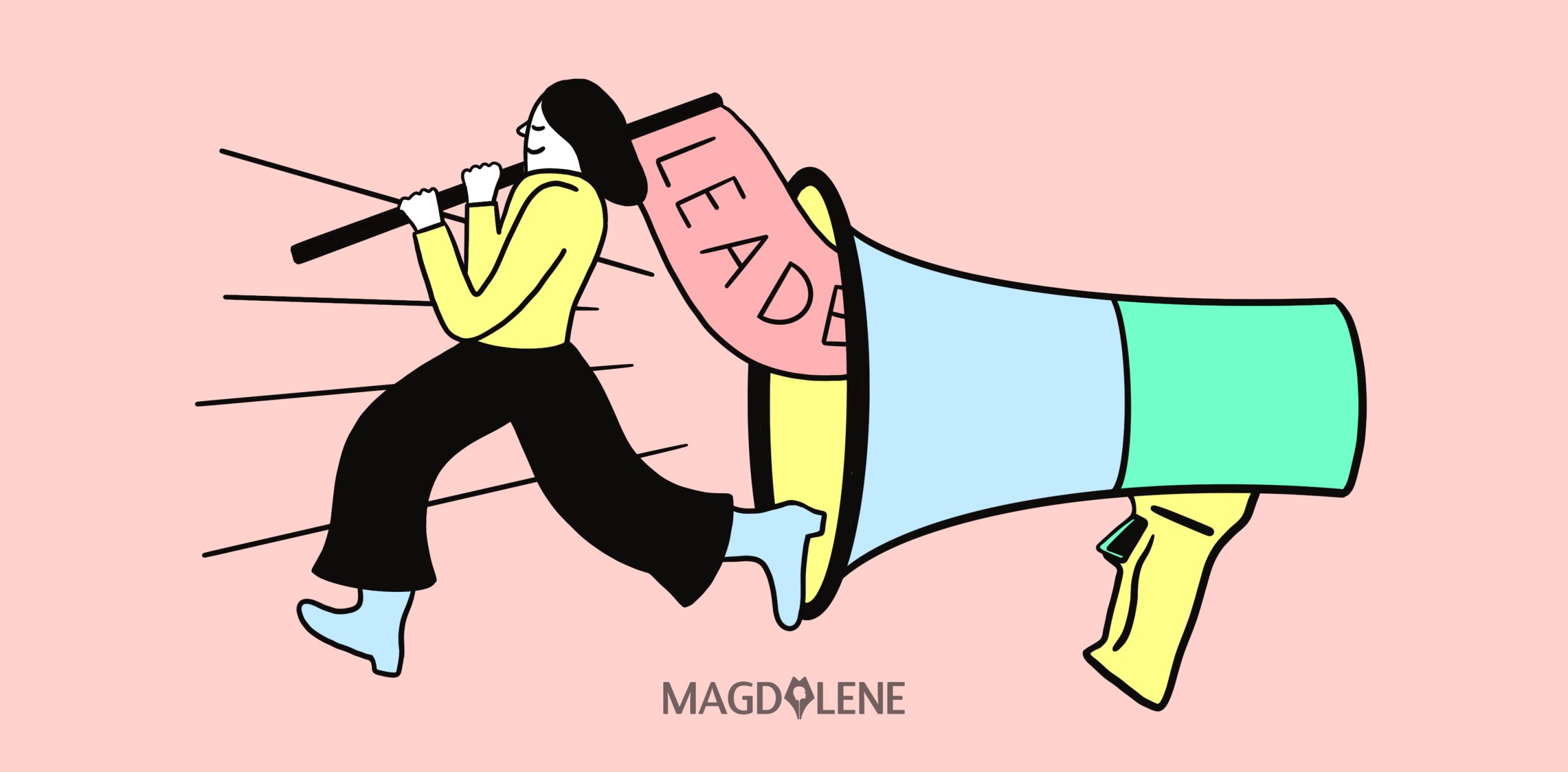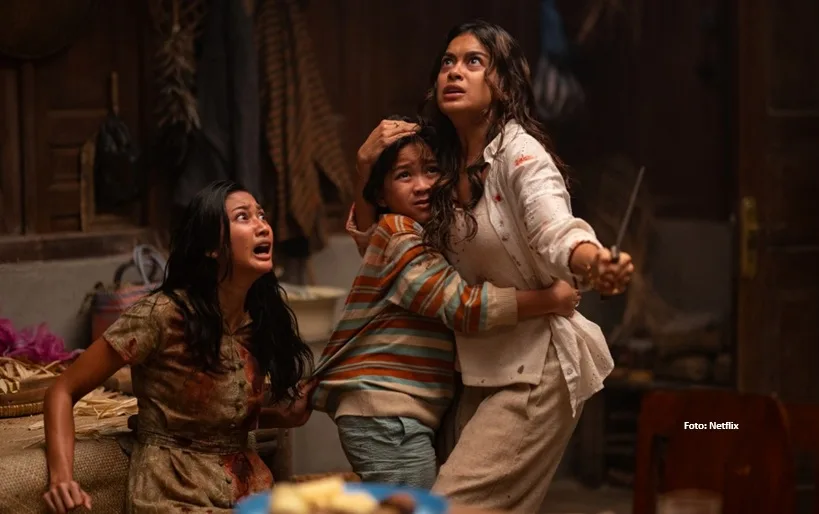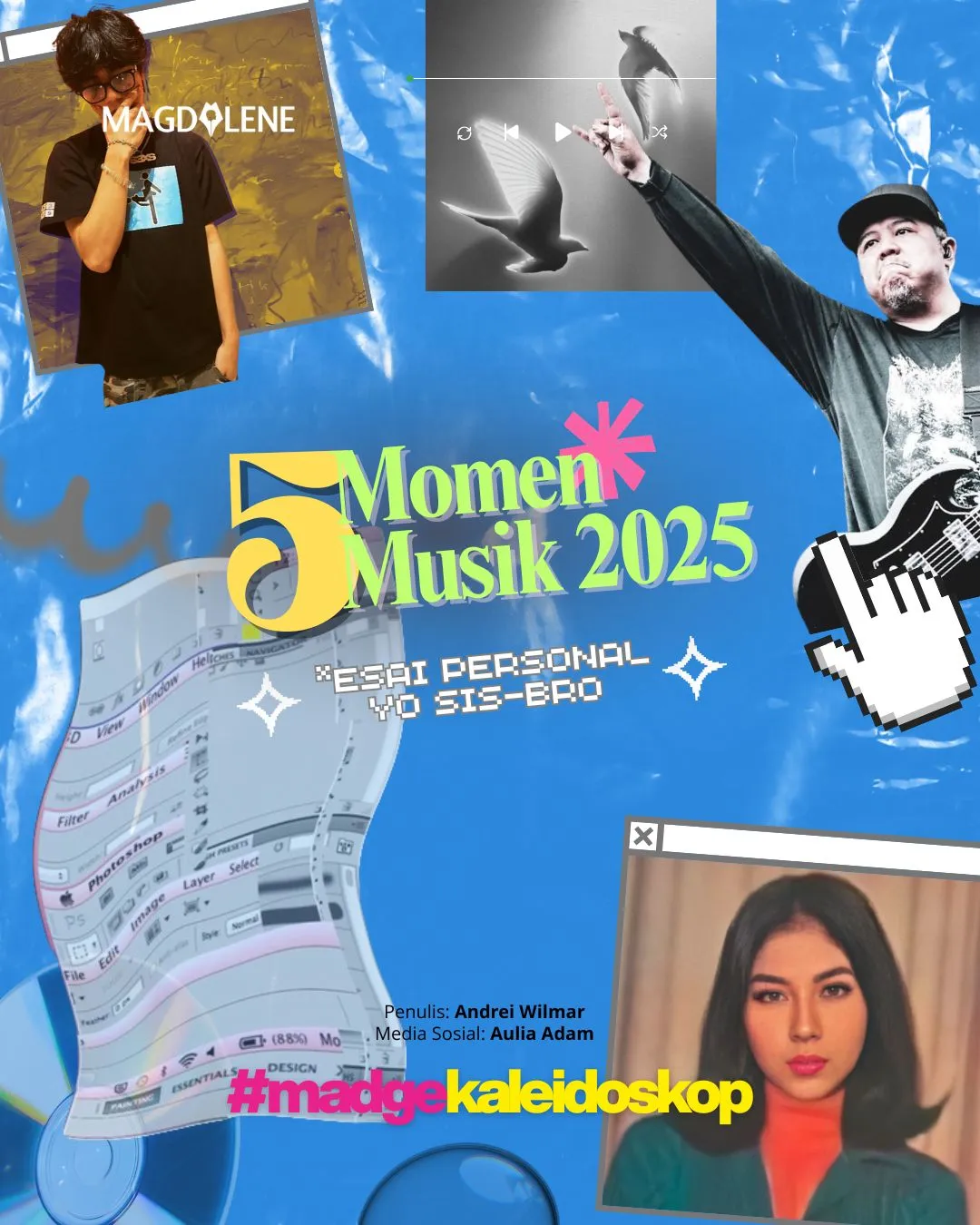Outside the US, #MeToo Struggle for Impact

Throughout these two months you have read many news on #MeToo. You might have stopped watching movies with an actor who had been revealed to be a harasser. You might have contemplated whether to join #BoycottTwitter (since it fails to protect users from harassment) or not (since the boycott is white-centric). You might wondered which Indonesian public figures could be implicated too.
All these followed the revelation in October that movie producer and executive Harvey Weinstein had been accused of sexual harassment, assault and rape of dozens of women. In the same month, actress Alyssa Milano popularized “Me Too”, a phrase that was started by activist Tarana Burke in MySpace circa 2006.
Women across the world have since used the hashtag to acknowledge their experiences with sexual harassment, sexual assault, and even rape. Many people were astonished to learn the number of celebrities, politicians, doctors, journalists, and stay-at-home mothers who came forward to admit they are survivors of sexual assaults.
The assaults and harassments don’t just target women, Terry Crews and James van der Beek also acknowledged that they had been sexually harassed in Hollywood. In response, some men have vowed to change – enter #HowIWillChange.
Outside the United States, how has #MeToo fared?
First, Indonesia. In an interview with the BBC in mid-October, National Police Chief General Tito Karnavian said that it was important to question a rape survivor if they felt ‘comfortable’ during the crime. His attempt of damage control after the statement enraged was even worse, implying that fraud was often connected to sex crime, which show his lack of understanding of the concept of consent.
Within my circle of friends, many women share their experiences of being catcalled and how tiresome it is to holler back or to report the catcallers when men after men do that at every street corner. Online, men make fun of sexual harassment, from making rape and revenge porn jokes to berating feminists for “ruining all fun.”
Some Indonesian men have complained online that they are no longer “comfortable” paying compliments to women, making jokes, and, yeah, even flirting in the office since they could be accused of committing sexual harassment. I suppose life is so hard when you no longer have the impunity to harass or demean women at work or in campus.
Such dismissive attitude is not limited to Indonesia. China Daily published a now-retracted opinion article, written by an Egyptian-Canadian, arguing that Chinese men are too well-educated and polite to commit sexual assault – even though the Chinese film industry is also full of abuses and the government is actively fighting feminism.
In India, Delhi’s police force has formed a special all-female motorcycle squad to protect women. But its society continues to be hostile to women they deem to be out of line. Actress Deepika Padukone received death threats for her portrayal of medieval legend figure Queen Padmini. A ruling party politician offered US$ 1.5 million reward for her head after rumors that in the movie her character romances a Muslim prince.

In Japan, though several journalists and politicians have named the men who raped and abused them, in general Asia’s most advanced nation is still clueless and ignorant about sexual harassment (the English phrase itself is often mocked in Japanese comedies). Japanese girls and women face abuses from so many people – strangers trying to grope them in overcrowded spaces, co-workers who “just want to compliment”, white men assuming that Japanese women don’t understand consent, and passersby who ignore signs of sexual assault.
Is #MeToo then merely a Western phenomenon?
Or is it something more associated with an open and sharing-prone society like the US? The French came up with the hashtag #BalanceTonPorc – “denounce your pig” – but, overall, its culture has been more tolerant of sexual harassment, even calling it a tradition: the seduction “‘à la Française.” There, feminism is often taken as a reflection of the “Protestant American” puritanism, so anti-feminism is seen as a defense of French identity.
Even in the United Kingdom, the outing of abusive celebrities proves to be difficult. We hardly heard of the name of British actors and directors being called out in the #MeToo conversation over the past two months, because of British notorious libel law. In 2002 Secretary of State for Defense Michael Fallon resigned for touching a journalist’s knees repeatedly in 2002, but the entertainment industry has remained untouched to this day.
Sweden is a country that takes the #MeToo campaign seriously, with women breaking the legal norm in naming their harassers in social media, and Queen Silvia and Crown Princess Victoria showing their supports for the women. Students, music industry workers, and journalists come up with different hashtags to speak about cultures of sex abuse inside their spaces. While the Internet is full of hoaxes saying that Muslims and black migrants are ruining Sweden, the Swedes make it clear that most of the abusers are white Swedish men.
Yes, #MeToo might only touch the lives of privileged women, while at this moment, millions of poor and working-class women have to endure sexual attacks from supervisors, co-workers, family members, and customers. Yes, #MeToo puts the burdens of recalling trauma and actively calling for justice on women, while so many men continue feel they are not obliged to be better and to do more.
Cultures still define how each country deals with sexual abuses, to the point that rich Japan and philosophical France still tolerate sexism in everyday situation. Despite growing religious fundamentalism and widespread poverty, Indonesian feminists still can make their voices heard online and in schools, and it’s such a blessing that we are free to do so.
Find out here why women’s football should be “a thing” and follow @MarioRustan on Twitter.

